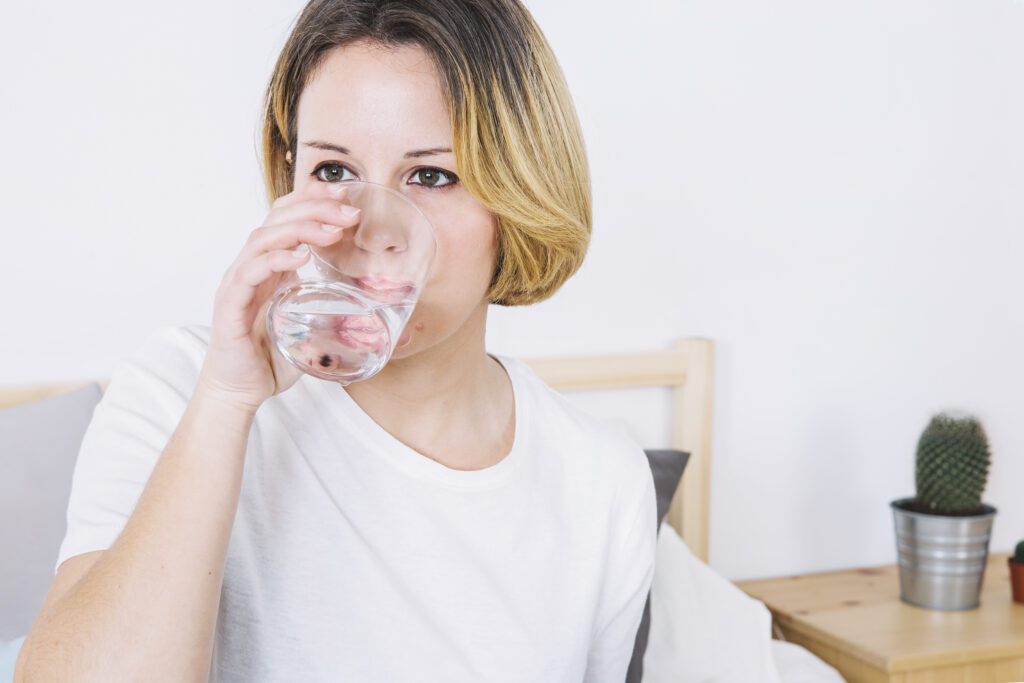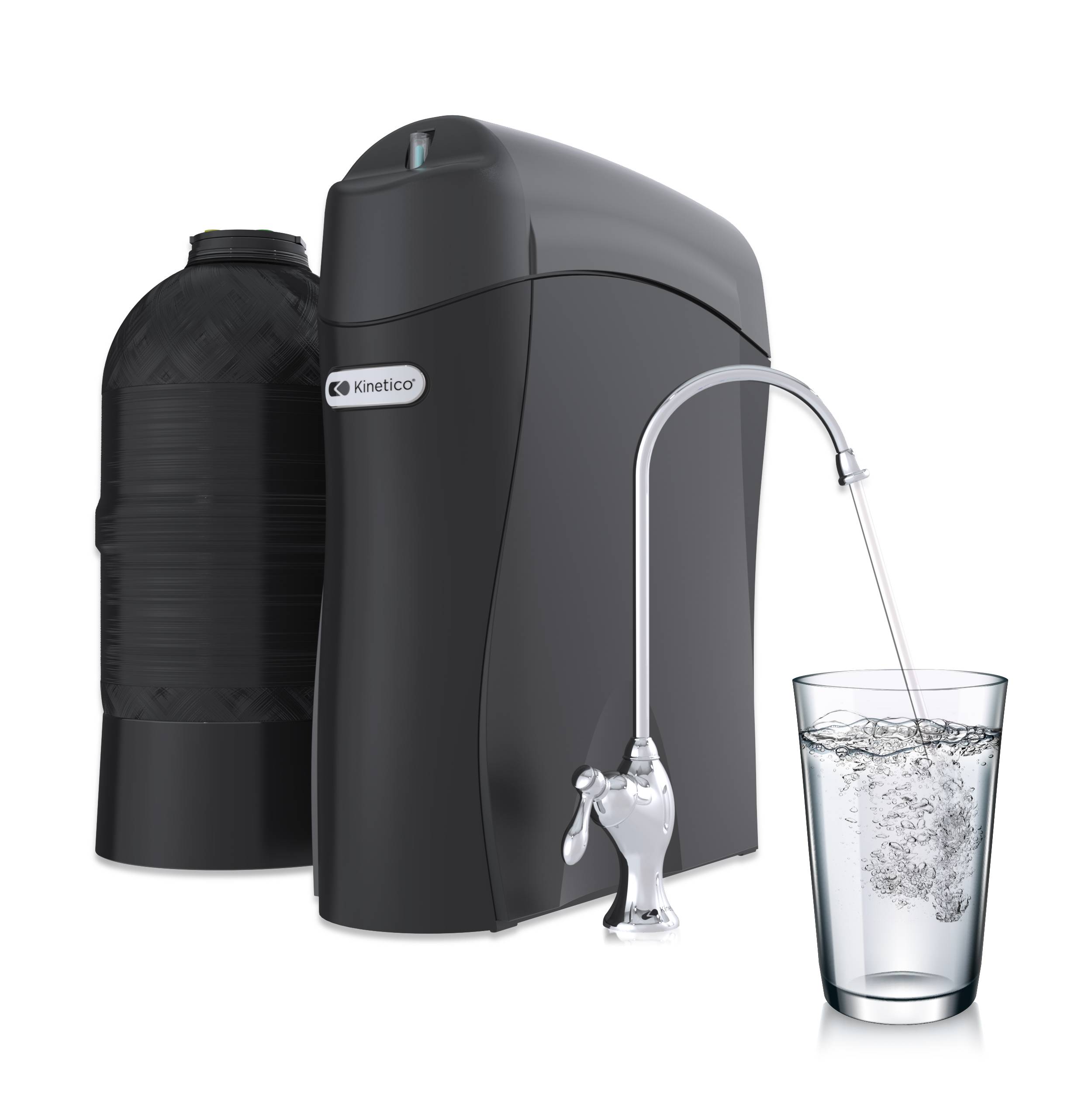
Consuming clean drinking water is essential to keep ourselves healthy. Public health authorities make great efforts to ensure that the water we get in our homes remains free from harmful contaminants and pathogens.
A common method used for water disinfection and purification is adding chlorine, for a long time people have been using chlorine to disinfect water and prevent diseases like cholera and typhoid. Although chlorine plays a crucial role in maintaining public health, it’s vital to understand how it affects our bodies and water quality.
Why Is Chlorine Added to Drinking Water?
Public health authorities add chlorine to drinking water for disinfection purposes as it helps kill bacteria, viruses and various other pathogens that may cause waterborne diseases among the population. It is an effective way to ensure that drinking water remains safe even when it travels through old pipes from water treatment plants to homes and businesses. Chlorine plays a major role in protecting public health and its usage has helped drastically reduce the spread of waterborne diseases worldwide.
The Effects of Chlorine on Health
Although chlorine is essential for disinfection, there are various concerns about its effects on human health. When chlorine comes into contact with organic matter in water, it leads to the formation of byproducts like haloacetic acids (HAAs) and trihalomethanes (THMs). The consumption of these byproducts for long periods of time has been linked to health risks such as:
1. Increased Cancer Risk – Recent studies have shown that long-term exposure to high levels of trihalomethanes increases the risk of certain kinds of cancer like bladder cancer. Usually, health authorities regulate the THMs levels in drinking water to keep them within safe consumption limits.
2. Respiratory Issues – While doing activities like showering and boiling water, chlorine fumes can get released from the water and cause respiratory problems, especially in people who suffer from health issues like asthma or other respiratory conditions.
3. Skin and Eye Irritation – People often suffer from skin and eye irritation when they use chlorinated water, this is especially true for individuals who have more sensitive skin. This becomes more noticeable when they engage in activities such as swimming in chlorinated pools, but it can also occur when they bathe with regular tap water.
4. Taste and Odor – Many individuals find that their water has an off-putting taste or smell, this distinct smell//taste is caused due to the presence of chlorine. Some people may avoid drinking water due to this distinct smell/taste and in the long run not consuming sufficient water can negatively impact their health.
If you are worried about the presence of chlorine in your water, you can consider installing a water filtration system at your home. However, before choosing a water filtration system you must first get water testing in Las Vegas NV done to thoroughly understand your water quality. K Water can help you with comprehensive water testing and assist you in selecting the right water system based on your specific water needs. Reach out to us today to install an advanced water system that helps keep your loved ones safe and healthy.



